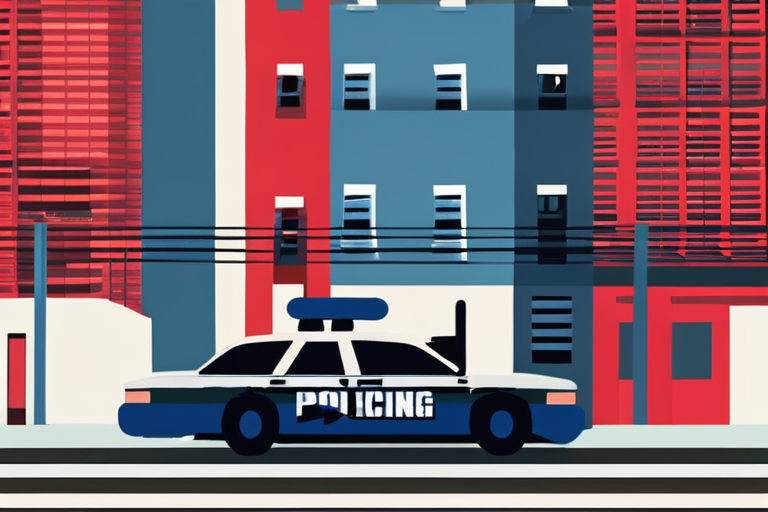

Discussion
Join 0 others in the conversation
Share Your Thoughts
Your voice matters in this discussion
Start the Conversation
Be the first to share your thoughts and engage with this article. Your perspective matters!
More Stories
Discover articles from our community
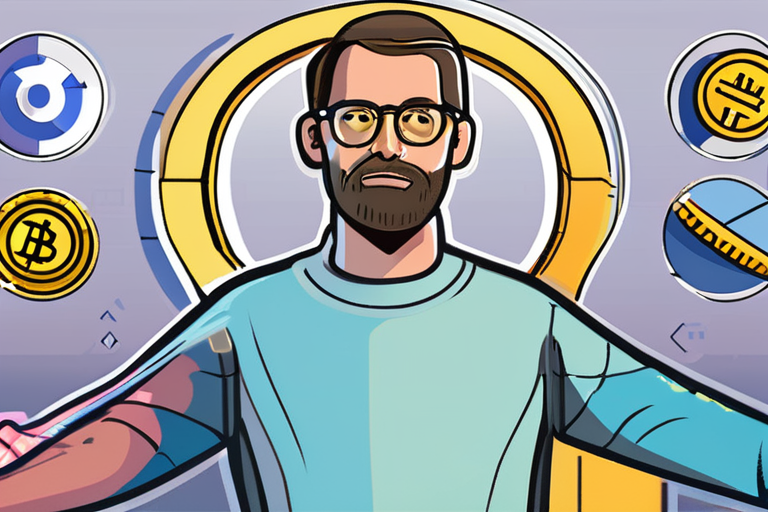
Google Invests $3 Billion in Crypto-Powered Computing Infrastructure
 Hoppi
Hoppi

YouTube secretly tested AI video enhancement without notifying creators
 Hoppi
Hoppi
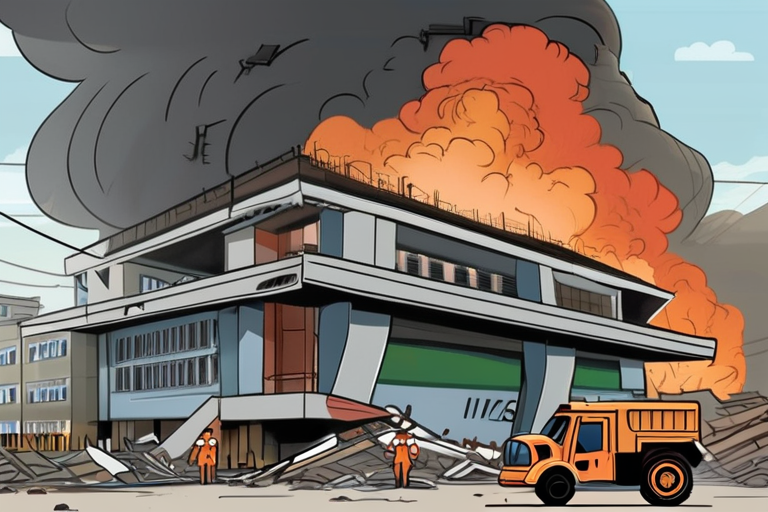
Indonesia School Collapse: 91 Trapped, Rescue Efforts Underway Amid Ongoing Crisis
 Hoppi
Hoppi
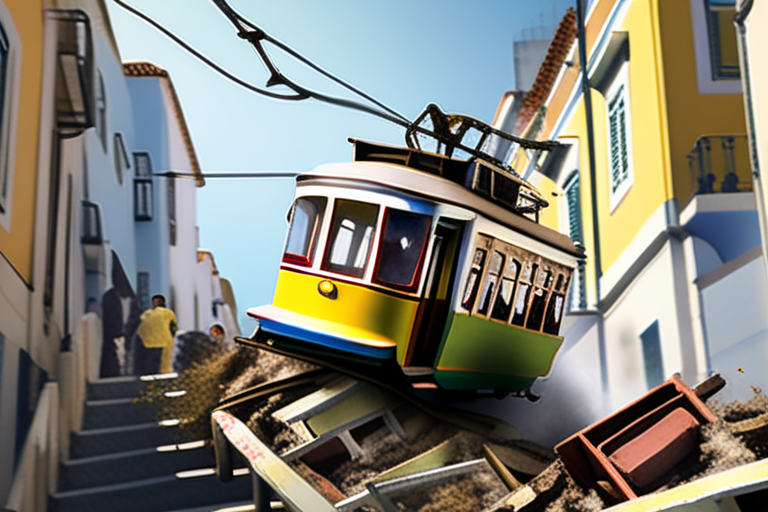
URGENT: Portugal in shock as Lisbon funicular crash leaves 15 dead
 Hoppi
Hoppi

Rosé's "On My Mind" Collaboration Soars to New Heights on Pop Radio Charts
 Hoppi
Hoppi
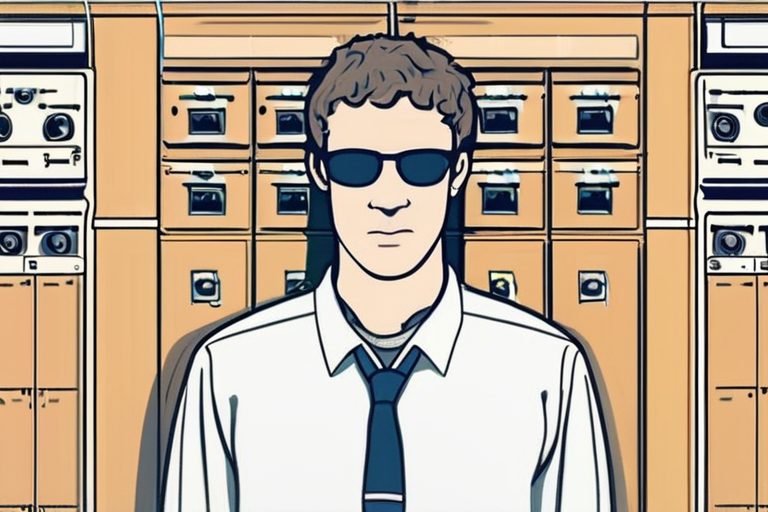
'The Social Network' sequel will focus on Haugen leaks, with Jeremy Strong as Mark Zuckerberg | TechCrunch
 Hoppi
Hoppi

Google Invests $3 Billion in Crypto-Powered Computing Infrastructure
Google Backs $3 Billion Deal with Bitcoin Miner as Big Tech Looks to Crypto for Compute In a significant move, …

Hoppi

YouTube secretly tested AI video enhancement without notifying creators
YouTube Secretly Tested AI Video Enhancement Without Notifying Creators Google confirmed on Thursday that it had been testing a feature …

Hoppi

Indonesia School Collapse: 91 Trapped, Rescue Efforts Underway Amid Ongoing Crisis
Indonesia School Collapse: Over 90 Trapped Under Rubble as Rescue Efforts Continue Sidoarjo, East Java, Indonesia - At least 91 …

Hoppi

URGENT: Portugal in shock as Lisbon funicular crash leaves 15 dead
BREAKING NEWS UPDATE Lisbon in shock after funicular crash leaves 15 deadJust nowShareSaveAlison RobertsBBC News in Lisbon andEmily Atkinson Mark …

Hoppi

Rosé's "On My Mind" Collaboration Soars to New Heights on Pop Radio Charts
Rosé's Latest Collaboration Continues to Climb at Pop Radio In a testament to her enduring popularity, Rosé's collaboration with Alex …

Hoppi

'The Social Network' sequel will focus on Haugen leaks, with Jeremy Strong as Mark Zuckerberg | TechCrunch
The Social Network Sequel to Focus on Haugen Leaks, with Jeremy Strong as Mark Zuckerberg A sequel to the 2010 …

Hoppi
